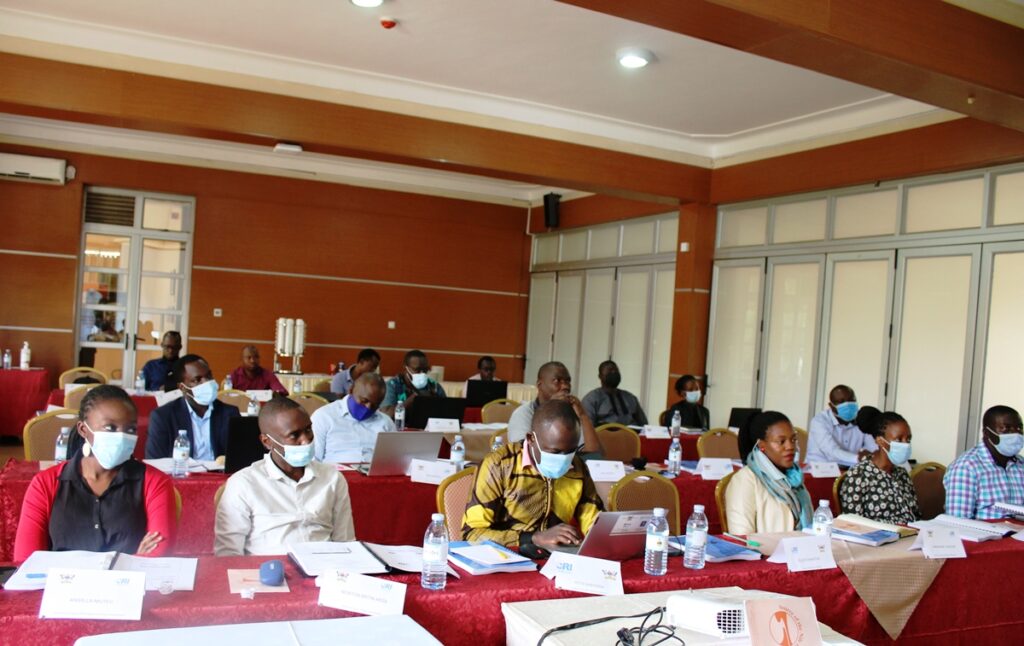The overall objective is to position the College as a relevant and sustainable institution of international standing with an active presence in public policy research and formulation, and contribution to the community.
The Policy Lab is intended to achieve the following:
Hosting this structure within the University setting will:
It is envisaged that this initiative will organically evolve into a fully-fledged policy and outreach arm of the College. The policy lab at CoBAMS will be launched in March 2022.
